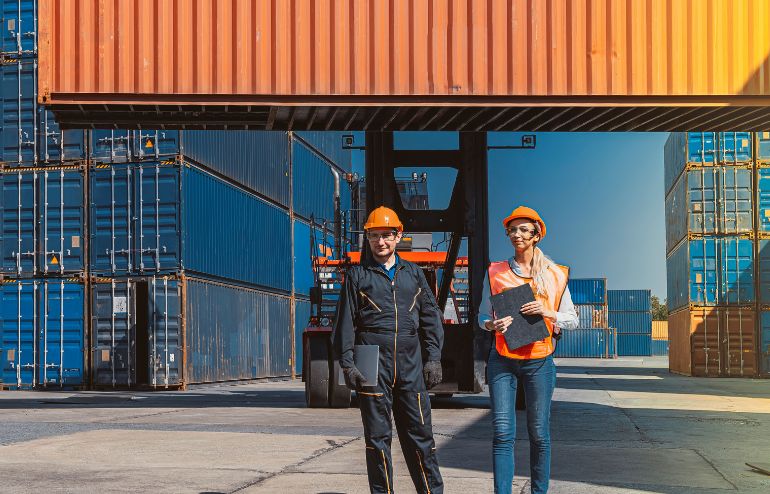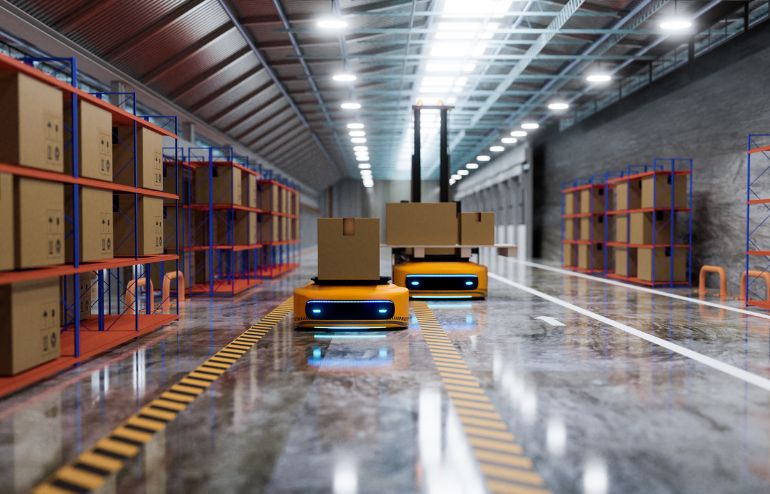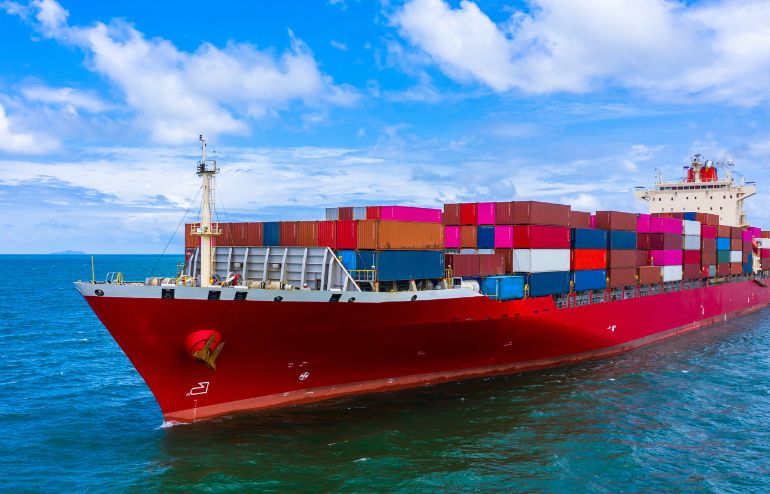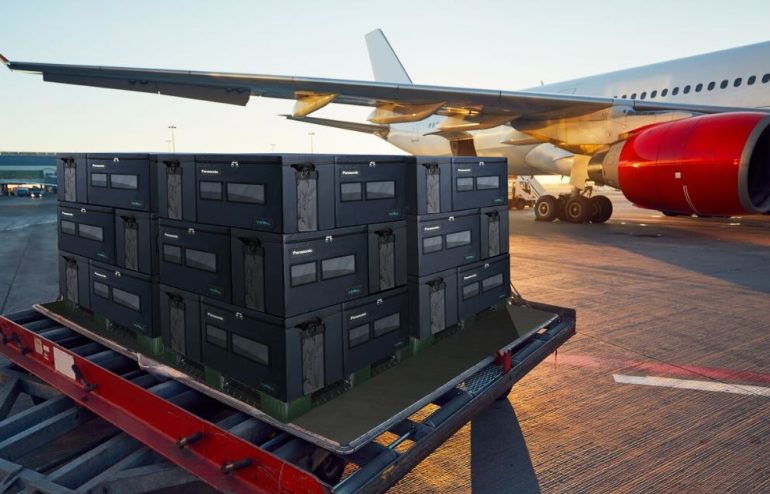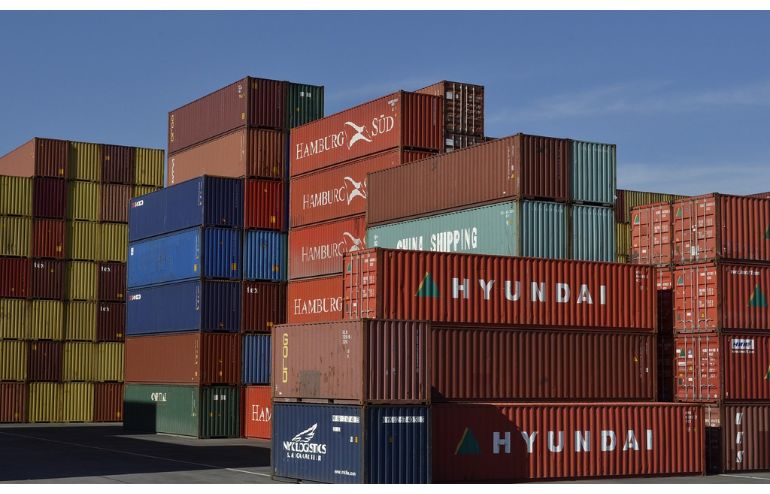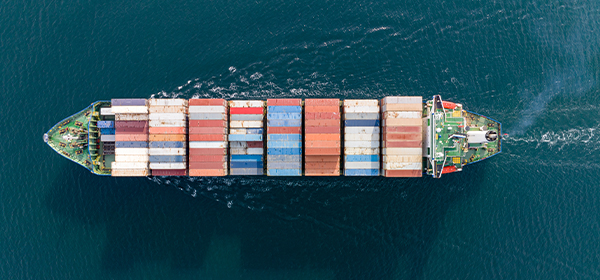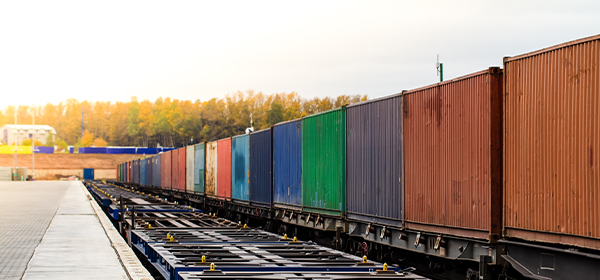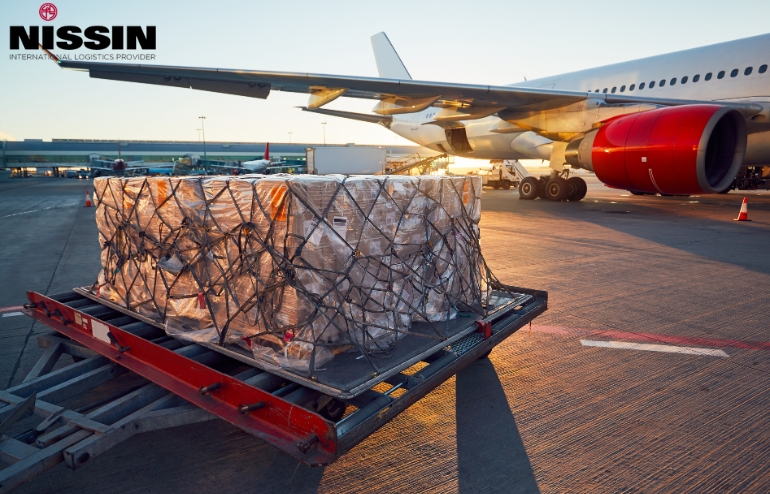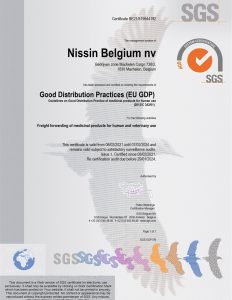The logistics industry is pivotal in enabling smooth movement of goods and services worldwide. As businesses expand and consumers demand faster and more efficient delivery solutions, logistics companies face increasing pressure to meet these demands.
Thankfully, the ever-evolving world of technology has ushered in a logistics revolution, transforming how logistics services are offered. Leading logistics companies such as Nissin Belgium have embraced these innovative solutions and enhanced their services.
Let’s understand how technology transforms the logistics transportation industry, making it more efficient, cost-effective, and customer-centric.
How is Technology Revolutionizing Logistics Services?
-
Automation for Streamlined Operations:
Gone are the days of manual logistics processes. Today, logistics companies are embracing automation to optimize their operations. Cutting-edge technologies like robotics and Artificial Intelligence (AI) are revolutionizing warehouses, leading to faster order fulfillment and improved inventory management. Automation reduces errors and accelerates the logistics process, ensuring swift and precise deliveries.
-
Real-Time Tracking and Enhanced Visibility:
One of the game-changing advancements in logistics technology is real-time tracking. With the integration of GPS and Internet of Things (IoT) devices, logistics providers and their clients can monitor shipments’ locations and conditions in real time. This level of visibility enables proactive issue resolution, such as rerouting to avoid delays, resulting in reduced transit times and heightened customer satisfaction.
-
Data-Driven Decision Making:
Big data analytics is a driving force behind the transformation of logistics services. By analyzing massive amounts of data from various supply chain touchpoints, companies can identify patterns, inefficiencies, and opportunities for improvement. With valuable insights, logistics providers can make data-driven decisions to optimize operations, allocate resources efficiently, and improve overall performance.
Who Needs Logistics Services?
The impact of technology in logistics services goes beyond logistics companies alone. Numerous industries rely on efficient logistics transportation to thrive:
-
Manufacturing Sector:
Manufacturers depend on logistics services for timely and cost-effective delivery of raw materials and finished products. Optimized transportation and logistics ensure a seamless supply chain, reducing production downtime and enhancing productivity.
-
Retail and E-commerce:
In the world of retail and e-commerce, logistics is the backbone of successful operations. Logistics services maintain well-stocked inventories, manage distribution centers, and offer faster delivery options to meet the rising demands of online shoppers.
-
Healthcare and Pharmaceutical Sector:
The healthcare industry relies heavily on logistics services to deliver medical supplies and pharmaceuticals promptly. Advanced technology ensures critical medical products reach their destination efficiently and safely, contributing to improved patient care.
Final Thoughts
The ongoing advancements in transportation and logistics are transforming how goods are moved and reshaping entire industries, enabling businesses to expand their reach and unlock new opportunities. As technology advances, we can look forward to more exciting innovations that will drive the logistics industry forward.
Experience logistics like never before with Nissin Belgium! Our advanced technology solutions set us apart from the rest. Trust us to optimize your supply chain, enhance efficiency, and deliver exceptional results. Contact us now to transform your logistics transportation and elevate your business.


